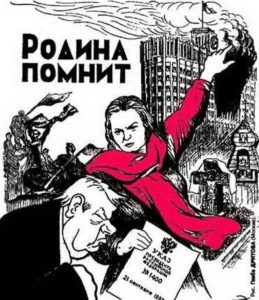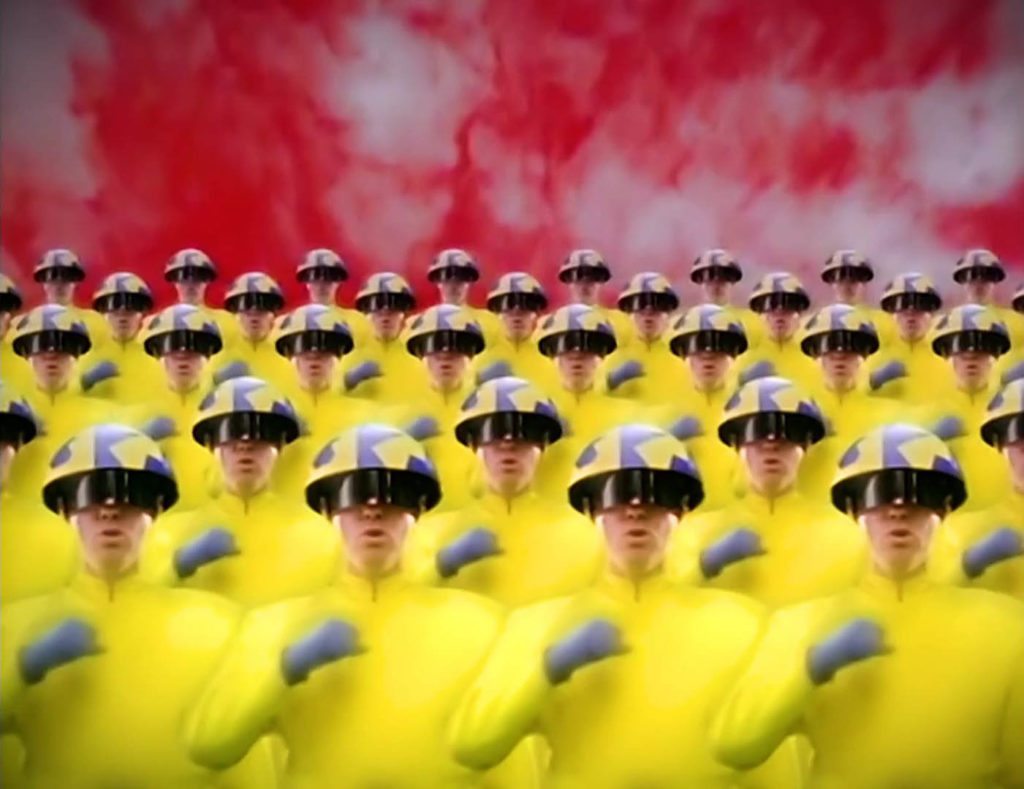In my article from November 2015 The ”Wild ’90s” in Russia, as reflected in people’s memory I mentioned in passing a testimony from Deputy Iona Andronov, describing the American involvement in Yeltsin’s coup of 1993. In yesterday’s publication Newspaper “Pravda” commemorating the 30th anniversary of the “Black October” of 1993, the author of the final article made a reference to the same testimony by Andronov.
In fact, this testimony has such significance, that I think it must be translated in full as a separate article. The original document can be found here on the subdomain of the Narod.ru site, dedicated to the events of October of 1993.
Iona Andronov – a historian-orientalist, journalist, writer, the Deputy of the Supreme Soviet in 1993 – also has a homepage on Narod.ru and a blog on Cont. I want to draw attention to a large 110-page long exposing publication in Russian that he has posted on his homepage in memory of the 30th anniversary of Yeltsin’s coup: The Counter-revolution of 1993. Epilog. 30 Years Later. (A chapter from the “Parting Memoirs of a Soviet Journalist”) – also available as a PDF, which expands on the testimony you are about to read, and also adds the descriptions of the actions of the Westward-looking “liberals” and “dissidents” of that time.
The Yanks Gave the Order: Fire!
The 3rd of October 2003
– A version for the press
The plan to storm the Supreme Soviet was developed by Boris Yeltsin’s entourage under the directions of the CIA and the inner circle of US President Clinton. This was told to the correspondent of “EG” by Iona ANDRONOV, a former defender of the “White House”, a deputy of the dispersed Supreme Council, at that time, chairman of the Committee on International Affairs. He is the one who negotiated with the representatives of the American embassy on the night before the carnage, trying to prevent the massacre of the Parliament.





